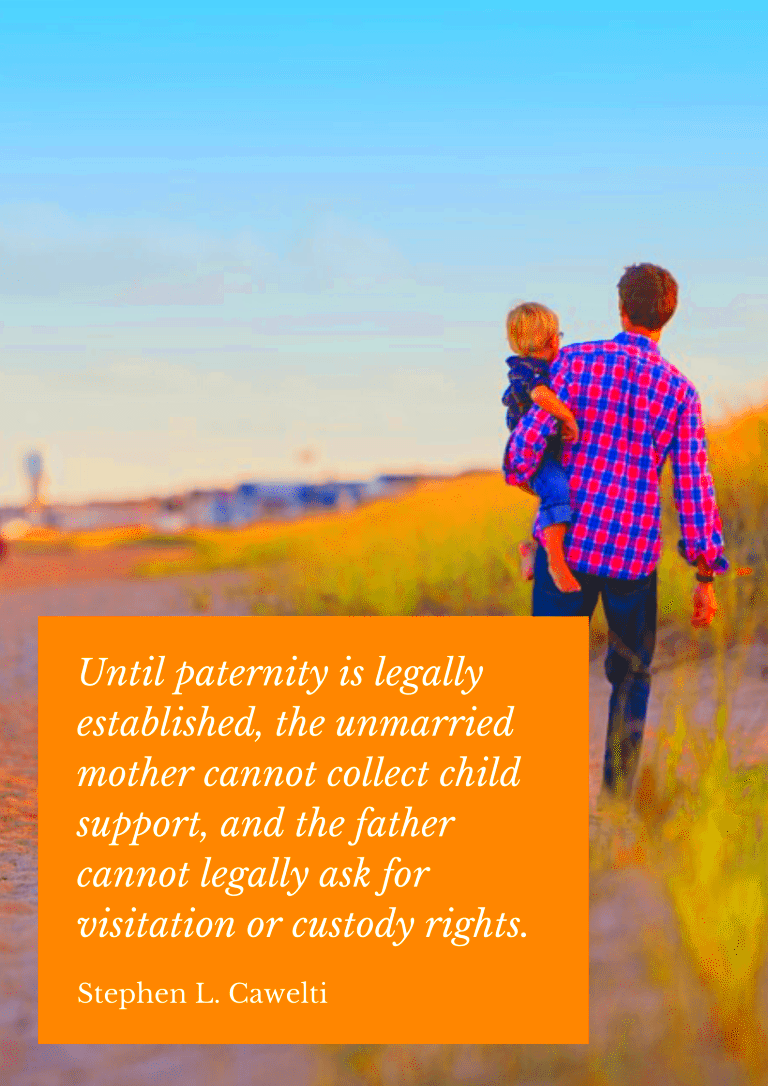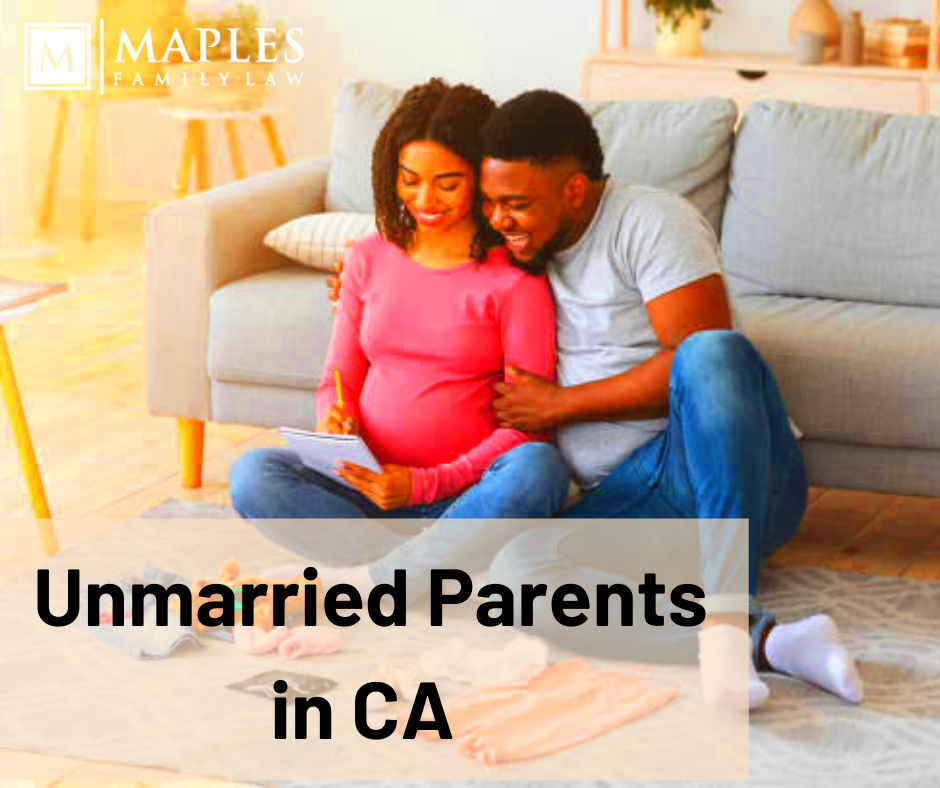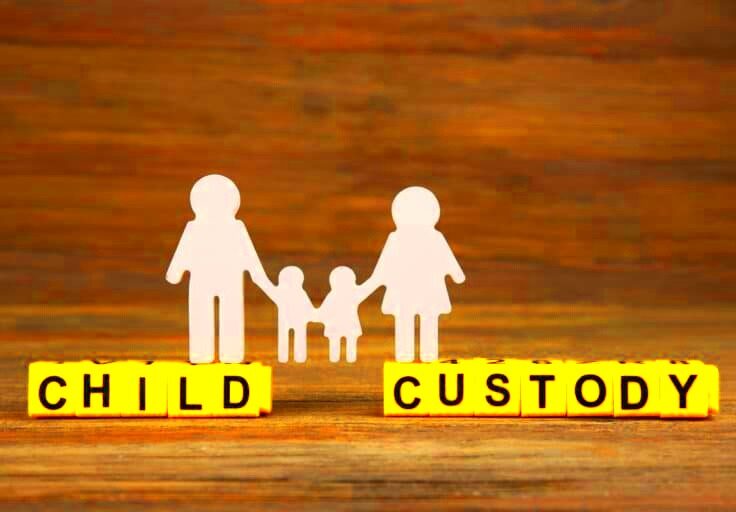Custody Laws for Unmarried Parents in California
Unmarried parents in California encounter hurdles regarding custody matters. Unlike couples they lack inherent legal rights concerning their children. This situation often puts one parent in a position where they have to fight to establish their role and duties. Based on my experiences navigating these challenges can be quite daunting. It’s essential to grasp the intricacies of California’s laws to ensure that both parents can play an active role in their child’s life. In this article we’ll simplify the nuances of custody laws and offer practical advice for unmarried parents.
Legal Framework for Unmarried Parents in California

In California the laws governing unmarried parents aim to prioritize the well being of the child. The procedures can vary significantly from those involving married parents. Lets take a closer look at this.
- Parentage Establishment: Unmarried parents must establish parentage through legal means. This is typically done by signing a Declaration of Paternity or going through a court process if paternity is disputed.
- Custody and Visitation Rights: Unmarried parents have to go through the court system to formalize custody and visitation rights. This ensures that both parents have their roles and responsibilities clearly defined.
- Child Support: Financial responsibilities are determined by the court. Child support obligations are based on the needs of the child and the income of both parents.
Grasping these legal nuances can significantly influence the flow of the custody proceedings. I’ve witnessed numerous parents reap the rewards of obtaining counsel at the outset to maneuver through these challenges efficiently.
Types of Custody Arrangements Available

In order to prioritize a childs welfare California law offers various custody options. Each option entails a unique set of obligations and privileges,
- Sole Custody: One parent has both legal and physical custody of the child. This means the child lives primarily with this parent and the other parent may have limited visitation rights.
- Joint Custody: Both parents share legal and physical custody. The child splits time between both parents, and both parents share decision-making responsibilities.
- Legal Custody: Refers to the right to make important decisions about the child’s upbringing, including education, health care, and religion. This can be shared or sole.
- Physical Custody: Refers to where the child lives. This can also be shared or sole, depending on the arrangement agreed upon or decided by the court.
The best custody arrangement usually varies based on the specific situation of each family. In my experience, a lot of parents lean towards custody as it lets both of them play a role in their childs life, even though it can come with its own set of difficulties.
How to Establish Parental Rights

Securing parental rights is crucial for parents who wish to have a say in their childs upbringing. Based on my personal journey through this process I found it to be somewhat intimidating. However familiarizing oneself with the necessary steps can help ease the way.
Here’s a simplified guide:
- Sign a Voluntary Declaration of Paternity: This document is typically signed at the hospital when the child is born. It legally acknowledges paternity and is an important step in establishing parental rights.
- File a Petition with the Court: If paternity isn’t acknowledged voluntarily, you may need to file a petition to establish parentage. This involves a court process where genetic testing might be required.
- Attend Court Hearings: Both parents will need to attend court hearings to discuss custody and child support. This is where the court will make decisions based on the child’s best interests.
- Obtain a Custody Order: Once parentage is established, you’ll need a formal custody order. This outlines both parents’ rights and responsibilities, including visitation schedules and decision-making authority.
I have witnessed numerous parents find support through seeking legal advice to help them through this journey. Its all about safeguarding your rights and being actively engaged in your childs upbringing.
Factors Considered in Custody Decisions
In California custody decisions are influenced by various factors that prioritize the well being of the child. Drawing from my experiences and insights gaining an understanding of these factors can assist parents in getting ready for what the court may take into account.
- Child’s Age and Health: Courts consider the child’s age and health needs. Younger children may benefit from more stability, while older children’s preferences might be taken into account.
- Parental Relationship: The nature of the parents’ relationship is crucial. Courts assess how each parent interacts with the child and their ability to co-parent effectively.
- Parenting Skills: Each parent’s ability to provide for the child’s needs, including emotional support, education, and physical care, is evaluated.
- Child’s Preferences: In some cases, older children may express a preference for which parent they want to live with. The court considers this but does not base its decision solely on the child’s wishes.
Through my experience with different families I’ve observed that showcasing your parenting skills and showing a readiness to collaborate with the other parent can have an impact.
Modifying Custody Agreements
Life evolves and there are times when custody arrangements must be adjusted to align with changing situations. While this can be a task it’s crucial to uphold the well being of the child. Based on my observations I have witnessed this journey unfold through various avenues.
Here’s what you need to know:
- File a Request with the Court: To modify an existing custody agreement, you need to file a request with the court. This involves presenting a valid reason for the change and demonstrating how it benefits the child.
- Provide Evidence: You’ll need to provide evidence supporting why the modification is necessary. This could include changes in employment, relocation, or changes in the child’s needs.
- Attend a Hearing: The court will schedule a hearing where both parents can present their cases. It’s an opportunity to explain why the modification is in the best interest of the child.
- Implementing the New Agreement: If the court approves the modification, a new custody order will be issued. Both parents must adhere to this updated agreement.
Based on my observations taking the initiative and keeping the lines of communication open with the other parent can make this journey a lot smoother. The key is to make sure that any adjustments still revolve around what’s best for the child.
Dispute Resolution Methods
When disagreements come up between parents who are not married it’s important to find a solution that suits everyone involved, especially the child. Based on my observations the way conflicts are resolved can have an impact on family relationships and the overall happiness of the child.
Here are a few ways to settle disagreements over child custody matters.
- Mediation: This involves a neutral third party helping both parents reach an agreement. Mediation is less formal than court and focuses on finding common ground. I’ve seen many parents benefit from this approach as it promotes cooperation rather than confrontation.
- Arbitration: In arbitration, a neutral arbitrator makes a binding decision after hearing both sides. This method is more formal than mediation but can be quicker than a court trial. It’s often used when mediation fails to produce a resolution.
- Collaborative Law: This approach involves both parents and their attorneys working together to reach an agreement. It’s a cooperative process that emphasizes problem-solving rather than adversarial tactics. It can be particularly effective for parents who want to maintain a positive co-parenting relationship.
- Litigation: If other methods fail, the dispute may go to court. A judge will make a final decision based on the evidence presented. While this is a formal and structured approach, it can be time-consuming and emotionally draining for all involved.
Through my experience I’ve discovered that mediation tends to offer a resolution enabling parents to have a say in their arrangements and uphold a friendly relationship.
Legal Resources and Support for Unmarried Parents
Dealing with custody matters can be tough, but there are plenty of resources and support networks out there for parents who aren’t married. Based on what I’ve seen having the support can really impact the situation.
Here are some resources that can help:
- Legal Aid Services: Many organizations offer free or low-cost legal assistance to parents who cannot afford private attorneys. They can help with understanding your rights and navigating the legal system.
- Parenting Classes: Some community organizations and family services offer classes on co-parenting and child development. These can provide valuable skills and insights into effective parenting and managing custody arrangements.
- Support Groups: Joining a support group for unmarried parents can provide emotional support and practical advice. Sharing experiences with others in similar situations can be incredibly reassuring.
- Online Resources: Websites and forums dedicated to family law can offer valuable information and connect you with legal professionals. They often provide articles, guides, and forums for asking questions and sharing experiences.
Through my work I’ve witnessed the positive impact of these resources on parents dealing with custody matters. They provide the necessary support to navigate these situations with greater efficiency and assurance. It’s crucial to seek assistance that can guide both you and your child during these trying moments.
Frequently Asked Questions
When it comes to custody matters there are often a lot of questions, especially for parents who are dealing with this intricate legal territory for the first time. From what I’ve seen addressing concerns can shed light on the process and ease some of the tension.
- What if I’m not listed on the birth certificate? If you’re not listed on the birth certificate, you may need to establish paternity through a legal process. This often involves signing a Declaration of Paternity or going through genetic testing.
- Can I modify a custody arrangement on my own? Modifications generally need to be approved by the court. If both parents agree to changes, you can file a request with the court to have the custody order adjusted.
- How can I enforce a custody agreement? If one parent is not complying with the custody arrangement, you may need to return to court to seek enforcement. Document any violations and consult with a legal professional for guidance.
- What should I do if I disagree with the other parent’s decisions? Open communication is key. If disagreements persist, consider mediation or seek legal advice to find a resolution that is in the child’s best interest.
By tackling these inquiries parents can gain insight and navigate their choices more effectively. In my view being aware of your entitlements and possibilities can significantly smoothen the journey of co parenting and handling custody matters.
Conclusion
Dealing with custody laws as an unmarried parent in California can seem overwhelming at first. However with the right information and assistance it becomes more manageable. It’s essential to grasp the legal aspects, from establishing parental rights to resolving conflicts and accessing resources. In my experience I’ve witnessed how well informed parents can make choices that greatly benefit their child’s future. Remember it’s about striking a balance between legal rights and your child’s genuine needs. Whether you’re embarking on this journey or considering changes stay proactive and seek support to create a nurturing environment for your little one.


